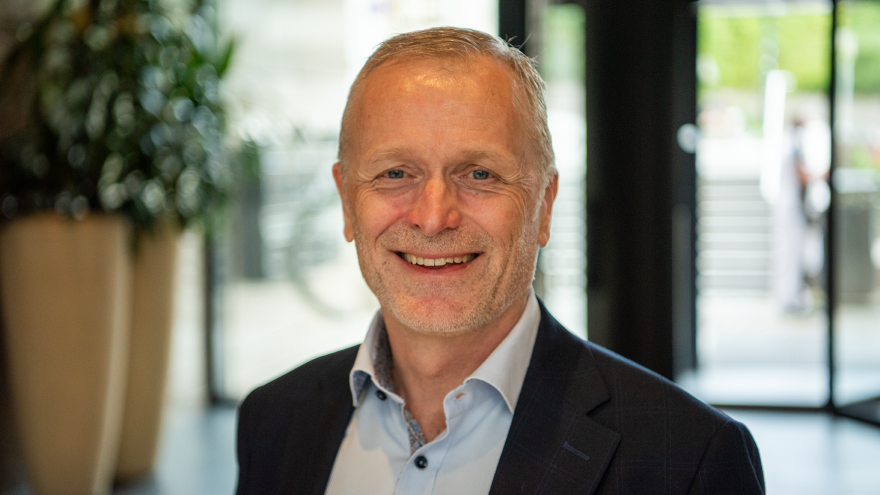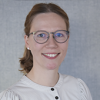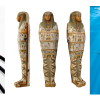Arne Flåøyen, Director of NordForsk, emphasises the importance of the Nordic-Baltic research collaboration:
"Nordic-Baltic research co-operation provides the opportunity to build strong research groups in areas that are important to the Nordic and Baltic countries and helps to improve the quality of the research carried out. In a world that is becoming increasingly polarised, co-operation within the same cultural sphere and sphere of interest is becoming more important. We therefore hope and believe that Nordic-Baltic research co-operation will be strengthened in the coming years."

We asked representatives from the Research Council of Lithuania, the Research Council of Estonia and the Ministry of Education and Science in Latvia about their views on the Nordic/Baltic co-operation.
How do you benefit from the co-operation?
Vaiva Prudokienė, Deputy Chair of the Research Council of Lithuania:
“Lithuania benefits from this co-operation in several keyways. Through partnerships with NordForsk, Lithuanian research teams are open to participating in various research projects, ranging from health initiatives to sustainable agriculture and social challenges. Through Nordic-Baltic research collaboration, outcomes and an impact of greater quality for the countries involved can be achieved than through national activities alone. Joint projects should elaborate on how to contribute to Nordic-Baltic added value by enhancing Nordic-Baltic strengths, addressing challenges or needs for new knowledge, and how the outcomes will impact the Nordic-Baltic region. Moreover, NordForsk is an excellent platform for scientists to collaborate in preparing proposals for European R&I programmes. Such co-operation strengthens Lithuania's research ecosystem by enhancing expertise and promoting excellent research.”
Baiba Švāne-Upmale, Senior expert in the European Research Area (ERA) at the Ministry of Education and Science in Latvia:
“The greatest benefit from co-operation with NordForsk is the establisment of Nordic-Baltic networks in knowledge intensive bioeconomy, Smart energy and mobility, Information and communication technologies, Biomedicine, medical technologies and bio-pharmacy and a socially sustainable Nordic Region. Also, working with NordForsk is a great opportunity to establish links for future long-term co-operation and create Nordic-Baltic added value.”
Katrin Saar, Senior Adviser from the Research Council of Estonia:
“In Estonia, we have very much to learn from the Nordic countries, especially in environmental research. The Nordic countries have tried different solutions that we haven't tried before, so I think this kind of knowledge exchange is one of the most important aspects. We value the Nordic-Baltic cooperation very much. It's not only important for the funding organisation, but also for the researchers themselves to get research connections in the Nordic countries. The Nordic research consortiums are usually well established and it's a bit difficult for the Baltic researchers to get in touch and get into these consortiums. So, having a specific co-operation where we can help the researchers get into those projects is helpful. And of course, the regional research around here is very valuable for us. We believe solutions need to be regional to make a difference.”

What are your wishes for the Baltic/Nordic co-operation in 5 or 10 years?
Vaiva Prudokienė, Deputy Chair of the Research Council of Lithuania:
“In the next 5 to 10 years, we aspire to see stronger partnerships in emerging areas such as artificial intelligence, sustainable health systems, and forestry. We hope to contribute to and benefit from further funding opportunities under NordForsk's initiatives. Additionally, we foresee a closer alignment of research priorities between the Baltic and Nordic countries, fostering more joint projects and increasing the number of successful collaborations.”
Baiba Švāne-Upmale, Senior expert in the European Research Area (ERA) at the Ministry of Education and Science in Latvia:
“I wish that in five to 10 years we will have well-established Nordic-Baltic research community in all important research areas.”
Katrin Saar, Senior Adviser from the Research Council of Estonia:
“More and more of the research projects we fund are in collaboration with the Nordic countries and I hope NordForsk keeps inviting us to the calls. We have set a goal to ourselves that we will try to participate at least in one call with the Nordic countries per year and of course we are hoping to make it more, but it always depends on the situation. I hope we can strengthen the co-operation even more in the future.”





